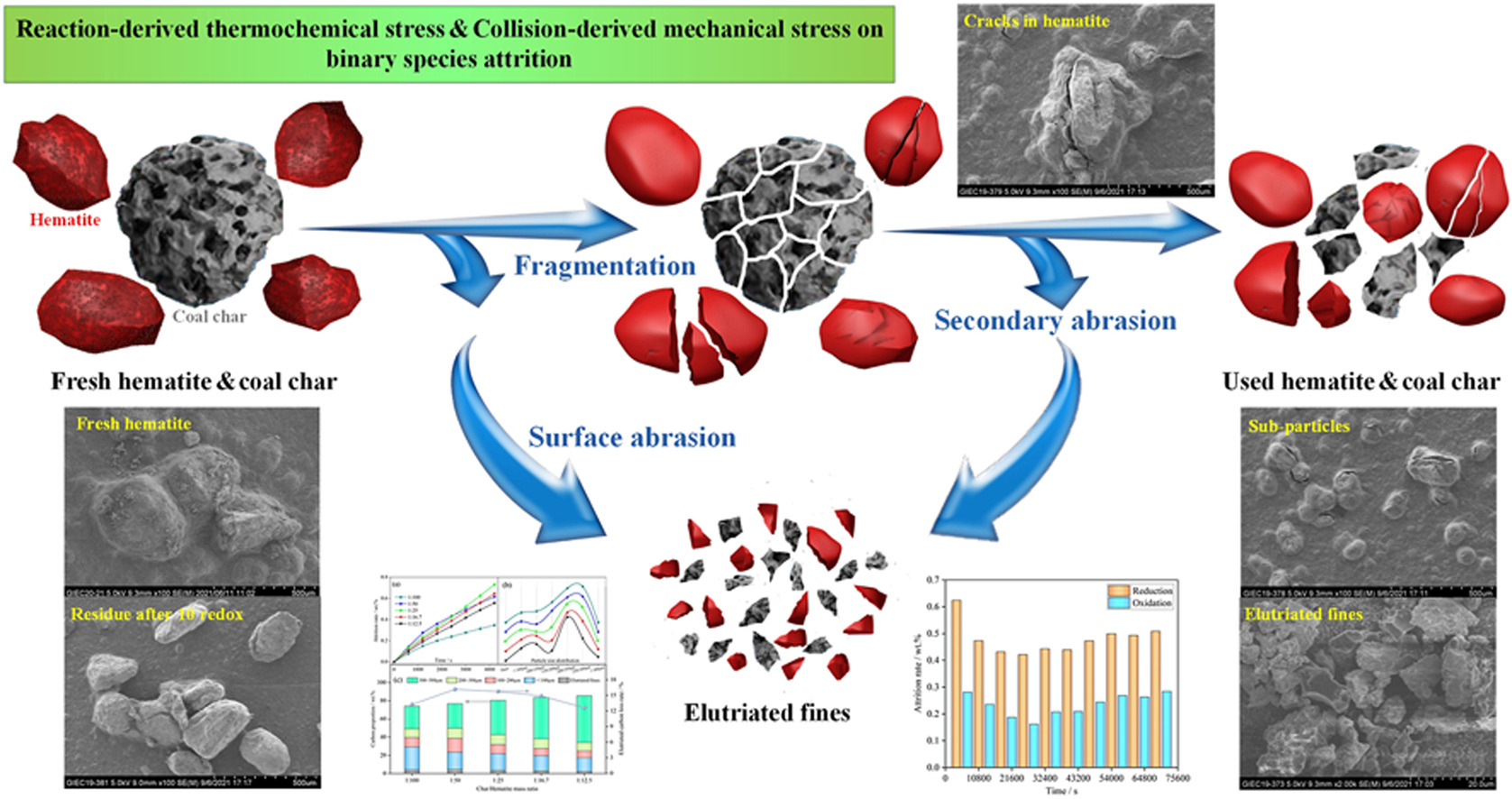- Volumes 84-95 (2024)
-
Volumes 72-83 (2023)
-
Volume 83
Pages 1-258 (December 2023)
-
Volume 82
Pages 1-204 (November 2023)
-
Volume 81
Pages 1-188 (October 2023)
-
Volume 80
Pages 1-202 (September 2023)
-
Volume 79
Pages 1-172 (August 2023)
-
Volume 78
Pages 1-146 (July 2023)
-
Volume 77
Pages 1-152 (June 2023)
-
Volume 76
Pages 1-176 (May 2023)
-
Volume 75
Pages 1-228 (April 2023)
-
Volume 74
Pages 1-200 (March 2023)
-
Volume 73
Pages 1-138 (February 2023)
-
Volume 72
Pages 1-144 (January 2023)
-
Volume 83
-
Volumes 60-71 (2022)
-
Volume 71
Pages 1-108 (December 2022)
-
Volume 70
Pages 1-106 (November 2022)
-
Volume 69
Pages 1-122 (October 2022)
-
Volume 68
Pages 1-124 (September 2022)
-
Volume 67
Pages 1-102 (August 2022)
-
Volume 66
Pages 1-112 (July 2022)
-
Volume 65
Pages 1-138 (June 2022)
-
Volume 64
Pages 1-186 (May 2022)
-
Volume 63
Pages 1-124 (April 2022)
-
Volume 62
Pages 1-104 (March 2022)
-
Volume 61
Pages 1-120 (February 2022)
-
Volume 60
Pages 1-124 (January 2022)
-
Volume 71
- Volumes 54-59 (2021)
- Volumes 48-53 (2020)
- Volumes 42-47 (2019)
- Volumes 36-41 (2018)
- Volumes 30-35 (2017)
- Volumes 24-29 (2016)
- Volumes 18-23 (2015)
- Volumes 12-17 (2014)
- Volume 11 (2013)
- Volume 10 (2012)
- Volume 9 (2011)
- Volume 8 (2010)
- Volume 7 (2009)
- Volume 6 (2008)
- Volume 5 (2007)
- Volume 4 (2006)
- Volume 3 (2005)
- Volume 2 (2004)
- Volume 1 (2003)
• A reactive air jet attrition device with auto-recording and collection of fines was developed.
• The binary mixtures attrition was affected by atmospheres, addition ratios and particle sizes.
• Char was easily subject to the attrition and loss during co-existence with hematite.
• The reactive iron constituent in hematite exhibited a loss upon the progressive cycles.
• Particle attrition was jointly controlled by chemical stress and mechanical stress.
In this work, a reactive air jet attrition device with auto-recording and collection of elutriated fines was developed. Results established insights into the physiochemical interaction and further correlated attrition behaviors between char and oxygen carriers under various operation modes. The attrition rate increased by over 110% upon the introduced CO2, which brought in the significant effect of thermochemical stress, similarly in effects of the increased char addition ratio and the decreased sizes of char or hematite in different extents. For the char-hematite co-attrition process, the elutriated carbon loss of char with poor mechanical strength was found to be over 10%, while the reactive iron loss of hematite was found to be 6.3%, and was enriched in elutriated fines. The reaction-derived thermochemical stress and the collision-derived mechanical stress jointly controls the particle attrition during the cyclic transformation of oxygen carrier particles in coal-fueled chemical looping fluidization, especially significant in its reduction stage.

